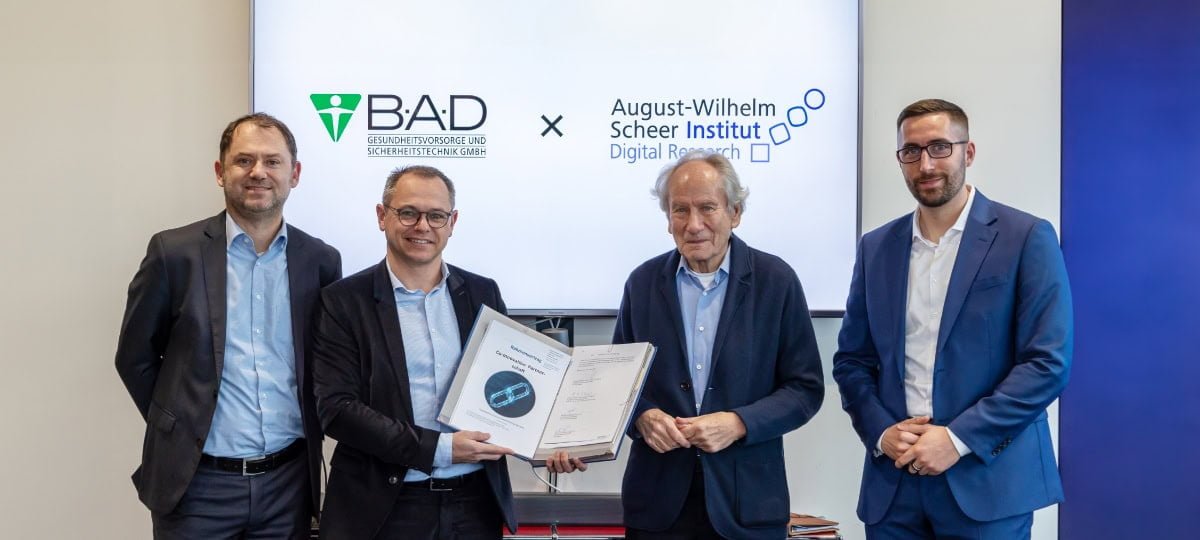Why automation should be intelligent


To cope with the ever-increasing demands of process automation, automation should be intelligent. For example, the Fully Automated Enterprises concept uses multiple components and integrates RPA with advanced technologies such as artificial intelligence (AI) or machine learning.
In this context, the use of AI enables deeper cognitive automations that include Natural Language Processing or Document Understanding, among others, allowing for a judgment process on the part of the software robots.
This is because while an ordinary software robot can already scan, extract and process data from structured sources, an AI-powered software robot goes one step further: it can understand this data and process it accordingly - even if it is unstructured.
These broader capabilities through the combination of RPA and artificial intelligence can pay off, especially in complex software environments like SAP. In the course of digital transformation, many are subject to the misconception that they need to replace existing systems and business applications - a Herculean task when you look at the SAP ecosystem. However, RPA allows companies to continue using existing infrastructures without modifying or changing their SAP ecosystem.
For example, intelligent software robots perform a variety of highly cognitive actions, such as logging into the SAP system, connecting via BAPI, automating user input via SAP WinGUI, extracting data from documents such as invoices or sales orders, and processing the extracted data in the respective SAP system.
The advantage is that automation can be implemented across all SAP systems and beyond. Integration of third-party applications and even legacy systems is also possible without APIs. For example, automation can be used to exchange data between CRM systems and internal ERP systems, or even to make financial forecasts.
But RPA can also support the switch to new systems such as S/4 Hana because, among other things, manual preparation of data and structures is eliminated. The use of software robots can thus save valuable time - and thus also costs.
Furthermore, companies can also use RPA to optimize their SAP testing, which is typically quite time-consuming as it is often limited by the pace of a traditional test and release plan for custom SAP changes. Corresponding automation platforms, for example, integrate testing functions to drive automation at scale.
One platform for everything
While the different technologies and tools already bring many benefits to individual companies, seamless integration based on automation platform thinking offers almost infinite possibilities. To do this, however, companies need a comprehensive automation platform that can scale automation across the enterprise quickly and efficiently, and that addresses the full end-to-end automation lifecycle.
This will enable more complex automation in the enterprise, including more sophisticated analytics regarding the impact of the automation itself, as well as intelligent software robots that can make decisions based on data.
The use of automation within the SAP environment allows companies a variety of ways to stay competitive by freeing up employee time for relevant tasks.




